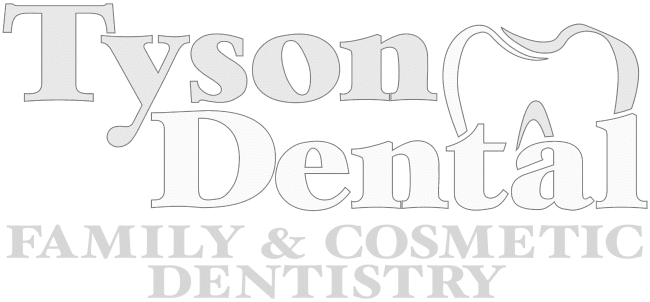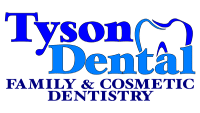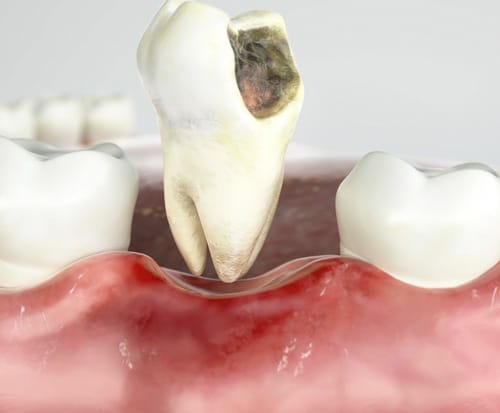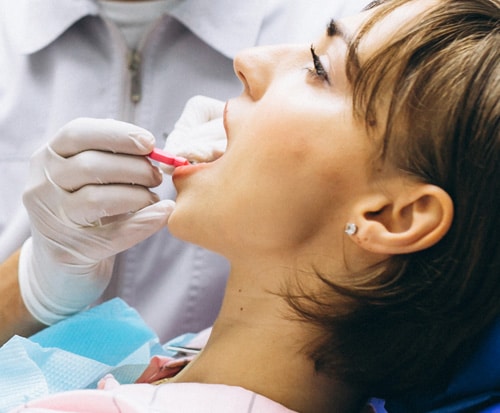(256) 258-9333
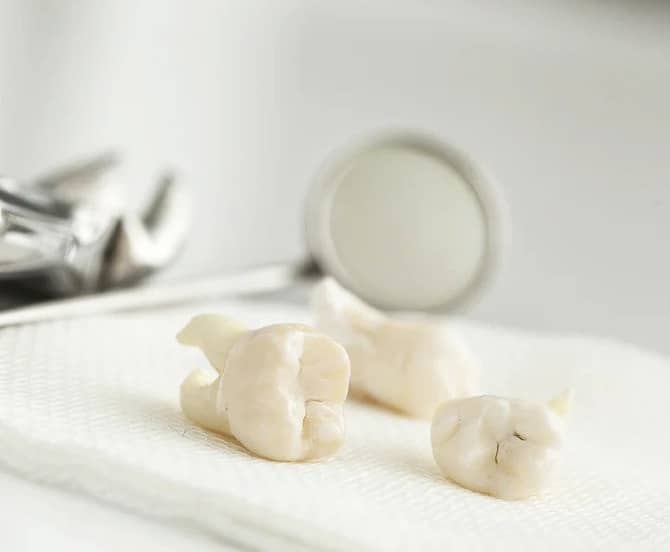
Tooth extractions are sometimes a necessary dental procedure when you have teeth that are excessively damaged, decayed, or that are otherwise harming your overall dental health. For example, wisdom teeth that are partially or fully impacted often need to be extracted to prevent further damaging your mouth. Although Tyson Dental aims to preserve your natural teeth, in some cases extractions are essential.
Did You Know?
Even though tooth extractions are performed in the comfort and safety of your dentist’s office, they are nevertheless considered dental surgery. Because of this, you will be properly anesthetized and sedation, and receive post-operative guidelines to follow after your procedure.
Frequently Asked Questions
You may need a tooth extraction if you have severely decayed or damaged teeth that cannot be saved by a root canal or other restorative measures. Additionally, you may need to have a tooth extraction if your wisdom teeth are partially or fully impacted. However, the need for a tooth extraction can only be diagnosed by Dr. Tyson, so be sure to schedule a consultation at Tyson Dental.
